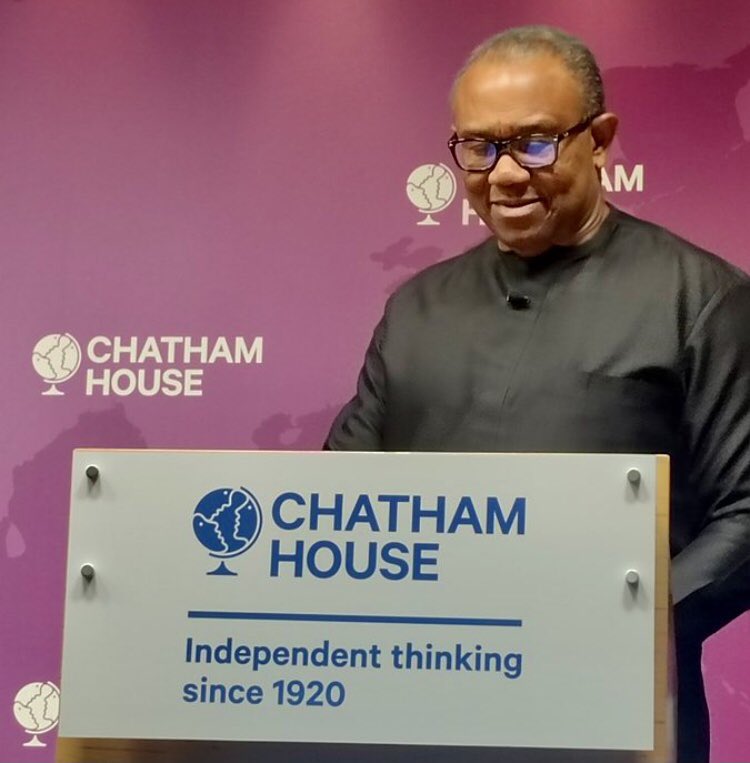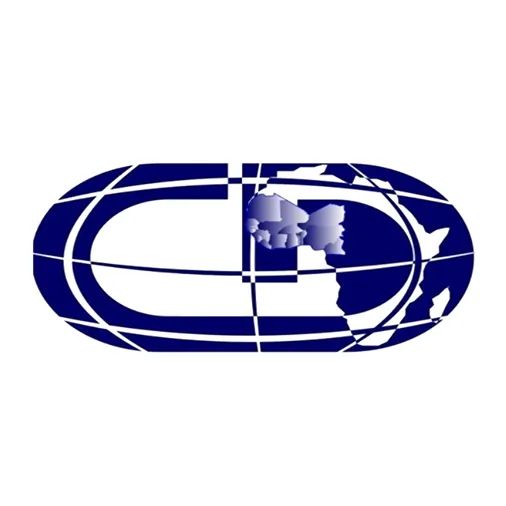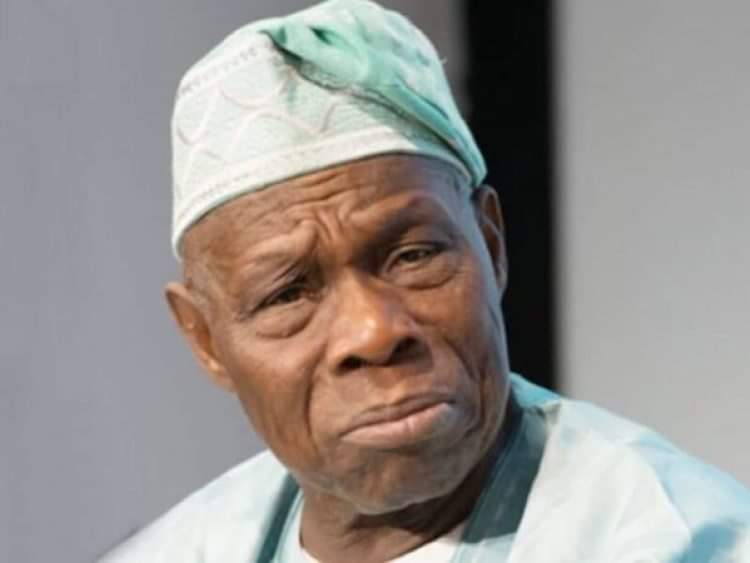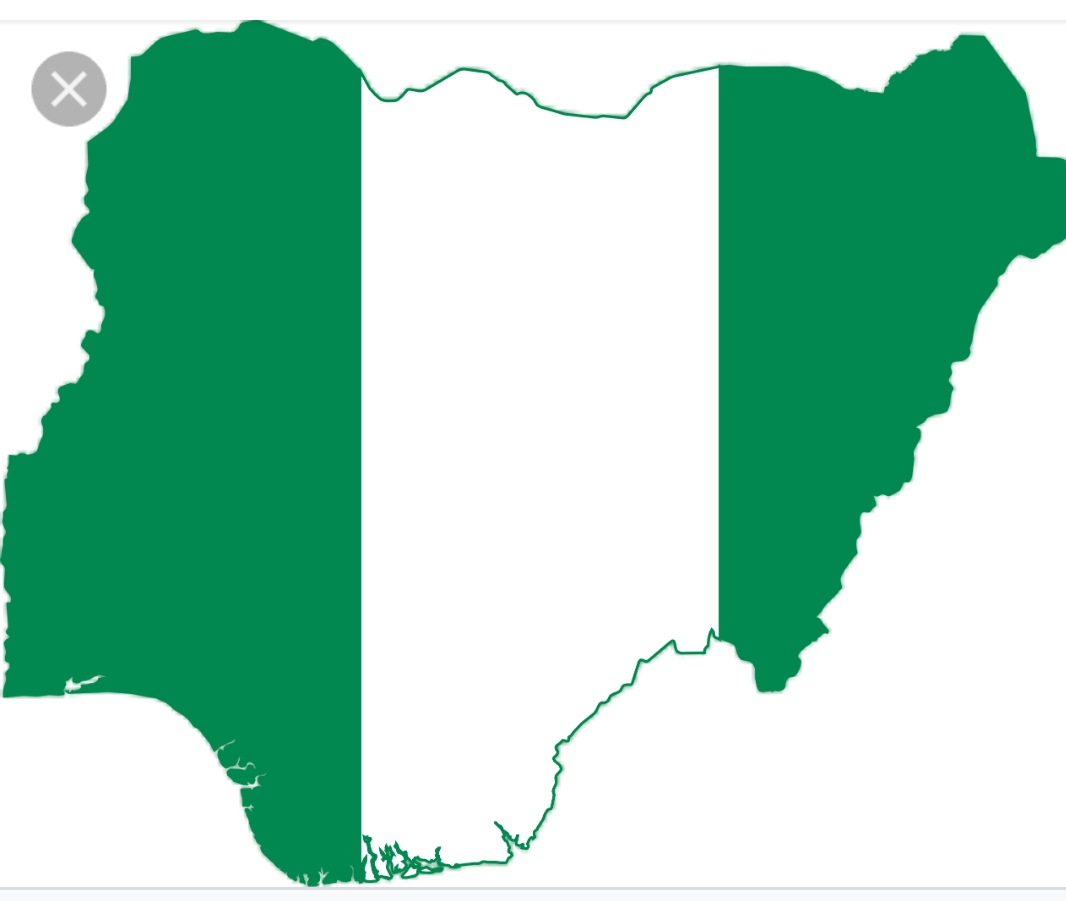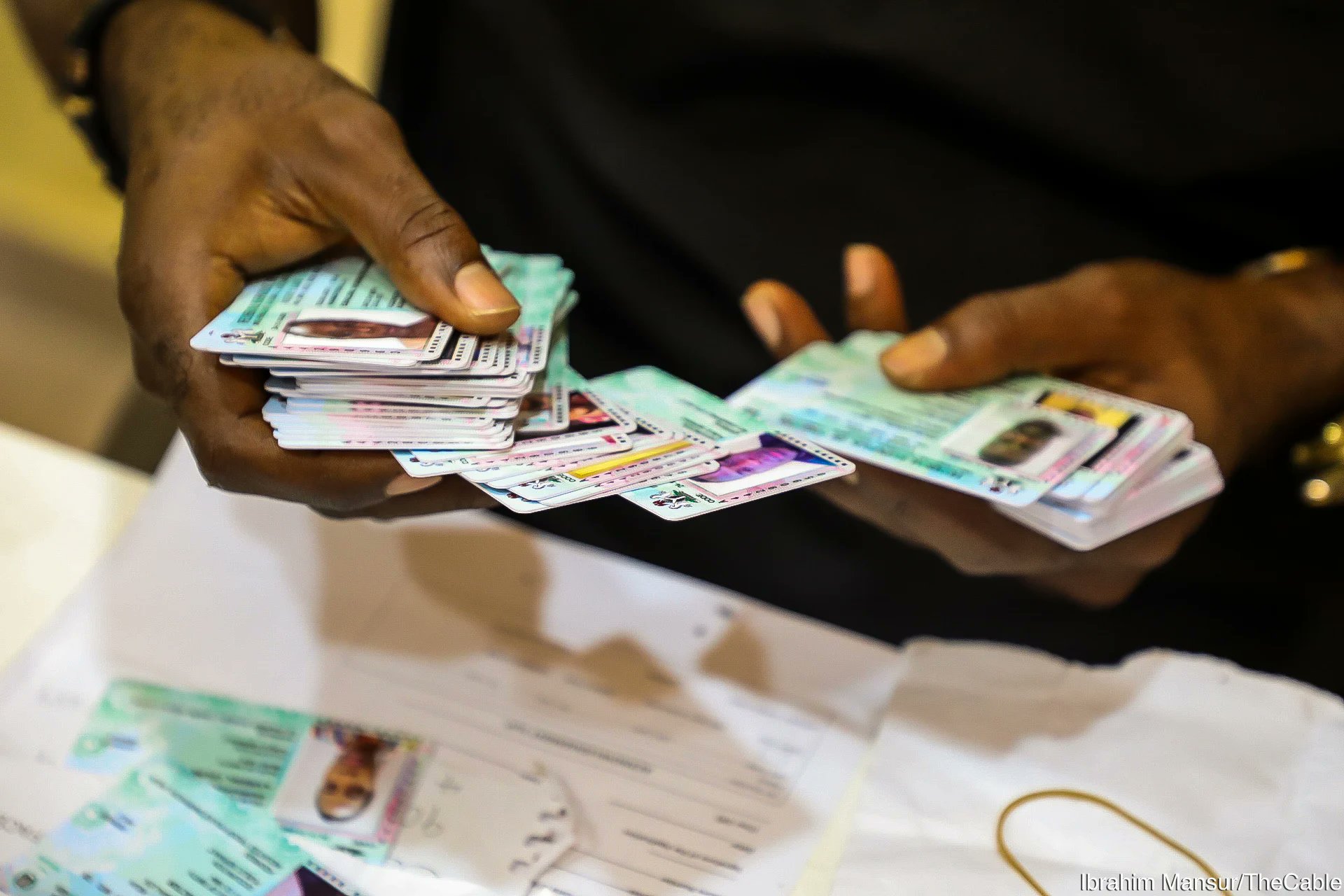By Jaye Gaskia
Setting context:
Let us go back to just about a year ago, at the beginning of 2022, when there were lots of more or less vigorous activities and intensifying processes towards enabling mass workers and working peoples political participation in general, and participation, and engagement with the 2023 general elections in particular. At that time one of the decisive and commonly agreed tasks, was that of the taking back of the Labour Party, by the labour movement and the workers.
In the year previous to 2022, a significant part of the build up to resolve to take back the labour party, was the convening of The People’s Alternative Political Summit (TPAPS) at the end of March 2021. The summit gave birth to the movement – The Peoples Alternative Political Movement (TPAP-M), with resolution of the summit describing TPAP-M as ‘a coalition of organisations and individuals committed to the emergence of a Mass Workers Party and the Socialist Transformation of Nigeria.”
This was what set the stage for the flurry of intensified political and organising activities and processes, through which by the beginning of 2022, there had emerged a convergence of resolve between the two trade unions federations – the NLC and the TUC, and the movement – TPAP-M to reclaim the labour party for Nigerian workers.
Thus it was that the movement was represented in, and actively engaging with the Political commissions of the two labour centers, and with the movement actively participating in, and leaders of the movement playing key roles in shaping discourse and debate at the Political Summits organised by the NLC and the TUC in March of 2022.
What Was The Task?
What was the agreed task, which formed the basis of the convergence of resolve among and between the labour centers and the movement? The converging resolve captured in resolutions of various organs of the parties involved centered around ‘Recovery of the Labour Party by the labour centers’; and ‘Reclaiming of the Labour Party by Workers’ – as articulated by the movement. And while there is a lot that is shared by these two positions, there is also a significant point of divergence.
The first position encapsulated a desire by the trade unions leadership – including the bureaucracy (the layer and pool of seasoned career appointed officials) and the aristocracy (the layer and pool of seasoned career elected officials) to recover the party from the usurpers, and hold the party in trust for workers, acting as active gatekeepers.
The second position represents the desire of class activists from the wider labour and left political movement from within and beyond the trade unions, to organise to enable workers ownership and control of the labour party, through their direct mass membership and autonomy of participation in the affairs of the labour party.
Clear understandings were reached towards the end of opening up of the labour party membership, and embarking on a massive membership drive campaign amongst organised and unorganized workers.
The occasion of the 2021 Workers Day was to be utilised to make a joint statement and pronouncement on this collective resolve, as well as to officially launch the mass membership drive campaign.
Millions of membership forms were to be printed by the labour centers, and mass membership registration was to commence at the various venues of the May Day activities across the country.
Furthermore, labour party membership registration portals were to be integrated into the social media platforms of the labour centers
As it turned out, and as a manifestation of the level of significant difference in the interpretation of the common tasks between the labour centers on the one hand, and the movement on the other hand, none of the above steps were taken.
Instead, the leadership of the trade unions federations entered into a more or less conscious and overt agreement with the existing usurper leadership of the labour party, and opened the party up, not to workers and working peoples, but to all manner of political jobbers defecting from their respective ruling class parties because they were going to lose, or had lost party primary elections.
In the process, the Labour Party was converted from just being a workers party only in name, to a big tent refugee camp for decampees from ruling class parties across the board.
Enter The Peter Obi Era;
Thus it was that within just a week of defecting from the PDP, and picking up labour party presidential candidate aspirant nomination form, Peter Obi had emerged as the candidate of the labour party for the 2023 general elections!
Peter Obi’s entry into the labour party, welcomed and actively encouraged by the leadership of the trade unions, opened the floodgates of hell, as it precipitated an exodus of dissident ruling class politicians, who had been outsmarted in their respective political parties, into the labour party.
We had argued then, and continue to argue now, that the current Labour Party was not then a workers party, and is now, even much further away from being a workers party.
The Left After Peter Obi’s Entrance;
Given the forgoing, how did the left respond to Peter Obi’s entry into the labour party, and the opening of the floodgates of hell?
We have already dispensed with the response of the trade unions leadership – it embraced the usurper leadership of the labour party, encouraged and welcomed the opening of the floodgates, abandoning it’s project to reclaim the party, and thus further entrenching and enabling the rightward drift of the labour party.
The left on the other hand was shaken to its very foundations, with some fully embracing the entry of Peter Obi into the party, seeing in it an opportunity to reach out to the emergent Obidient movement. Others were ambivalent. While others still were not only skeptical, but saw it as a significant development that marked the death, at least in the immediate, of the reclaim the labour party project, and saw it as a call to action to organise and mobilise more vigorously for a socialist alternative.
Various attempts were made to harmonise the position of the left, leading to the articulation of a middle of the road position (to prevent a precipitate paralysis, and rancorous split of the left).
This position affirmed the continuation of the fidelity of the left to its resolve to continue to make the case for Socialism, and canvass for the emergence of a mass workers party, and the Socialist Transformation of Nigeria, utilising every opportunity presented by the processes towards the 2023 general elections to reach out to and organize and mobilise among the working people.
The second part of the formulation was to the end that whereas individual organisations of the left may chose to undertake these agreed campaign for the socialist transformation of Nigeria from within the labour party (by entering the labour party); the movement, TPAP-M, as an entity, will undertake the same tasks from without the labour party, in order to preserve the autonomy, integrity and identity of the movement.
How Has The Left Fared?
Unfortunately, what has happened since is that we have not witnessed any independent and or autonomous organising by the section of the left supporting the labour party from within the party.
Like the rest of the Nigeria workers and residents, the party remains shut to them, and as such they have not been able to organise any identifiable platform within the labour party, that is fighting the rightward shift and making the case for Socialism.
Instead a majority of the labour party supporting left have unwittingly become mere onlookers, and or uncritical supporters of Peter Obi. A few others, have had their indistinct voices submerged and lost in the deluge of the cacophony of the Obidient movement.
What we haven’t seen, what we are not seeing, and what is so sorely missing, is the independent platform of the labour party supporting left, and the waving of the Socialist Banner by this platform.
Furthermore, what has been happening is that the labour party supporting left has very often found itself becoming attack dogs against the rest of the left, on behalf of the labour party and the Peter Obi candidacy. Every criticism of Peter Obi is taken as criticism of the Labour Party, and every criticism of the labour party is taken personally, and responded to abrasively without addressing the issues raised, with responses becoming personalized attacks of individuals.
The labour party supporting left, which is not taken seriously by the labour party, and which does not exist in the reality or consciousness of either Peter Obi or the Obidient movement, thus finds itself stuck in the quicksand of waging a war of attrition against the rest of the left, while not being able to raise any independent banner, nor autonomous platform in its (critical) engagement with the labour party and its Peter Obi presidential candidacy.
Cast Nigeria;
The left cohering around the movement, has since launched the Campaign For Socialist Transformation of Nigeria (CAST Nigeria), and are involved in basic organising and mobilising towards providing rigorous alternative critique of all the political parties and their candidates, presenting alternative views, exposing the failures of the capitalist system, and the unraveling the lies in the campaign promises, explaining the inadequacies of their various election and party programs, and warning of the impending crisis regardless of who emerges winner in the forthcoming general elections.
The task of the moment, and our goal, is to prepare the mass of the working people for the coming onslaught and renewed war on the poor and working peoples, that will result from implementation of the various versions of the neo-liberal programs of the leading candidates and parties.
Could The Deluge Have Been Prevented Or Stemmed?
From the forgoing, was it possible for the opening of the floodgates of hell and the resulting deluge have been prevented? Or at least stemmed?
This is a discourse for another day, but we can say with some degree of certainty, that the launch and undertaking of a serious fightback was possible, but it was scuttled through the actions and inactions of elements within the left.
Was it possible to have forced the hands of the trade unions leadership and the labour party leadership at that critical junction following the pre Workers Day agreement?
Some of us think this was possible. If the left and the movement had presented an electoral slate, and entered the battle for membership and contestation of primaries of the labour party, prior to Peter Obi’s defection from PDP, or just as he was entering the labour party; we could have either made him think twice about the choice of the labour party, or we could have gone ahead to present a comprehensive challenge during the primaries. We may have lost the primary, but we would have established a significant and serious fighting political bloc in that party, and proceeded with the task of combating the rightward drift, and opening the party’s doors wide open for ordinary workers. The party could have become a party of the workers movement, or a party where the workers movement has considerable leverage, rather than what it has become now, the party of the neo-liberal, and neo-fascist populist Obidient movement.
What would, or could have happened, were the ‘Run FF, RUN’ initiative (or a clear and deliberate left alternative like it) not been tragically truncated as it was back then?
This could have been the Real Game Changer.
Conclusion;
To conclude we can summarize our contentions thus:
First, with respect to the nature and character of the task at hand in relation to building the movement, enabling workers political participation, and utilising the processes of the 2023 general elections campaign as a point of engagement, the position of the movement is captured in the various resolutions of the meetings of the organs of the movement and public Meetings organised by the movement, as well as in the positions canvassed by leaders of the movement at both of the NLC and TUC political summits, and more specifically in the papers presented by movement leaders at the TUC political summit.
Secondly, the arguments around the nature and character of the current Labour Party is encapsulated in various documents of the movement, but also in the explainer document on the labour party.
Thirdly, the arguments around the contention of the movement about the absence of any option on the ballot for the masses, and that Socialism is not on the ballot are encapsulated in the documents of the movement on the CAST Nigeria campaign, as well as the explainer on why there’s no option on the ballot.
Fourthly, one of the earliest indications about the divergence of strategic thrust between the movement and the labour centers, regularly came out clearly in the course of the early meetings with some labour leaders arguing against socialism and a socialist agenda as a program for the reclaimed labour party.
Fifthly, as of the present moment, neither the labour party, nor its presidential campaign platform and manifesto has adopted the Workers Charter of Demands, which in itself is a minimalist workers program.
On the contrary, both the labour party and its presidential candidate and campaign platform have embraced and are promoting the neo-liberal and inherently anti worker agenda and program of Privatisation, private sector led economy, private sector as engine of growth, and the Policy trajectory of unfettered increases in energy costs – rise in fuel, gas and electricity costs.
Sixthly, it is clear that while we should avoid substituting our consciousness for the consciousness of the masses -as with the case of Revolutionary infantilism); it is also clear that the consequences of allowing our consciousness to be submerged in, and drowned in the euphoria of the masses is far more consequential for the success of our project.
While a vanguard must avoid being cut off from the mass, and going too far ahead of the mass, a vanguard must equally also avoid sinking into and being drowned by the cesspool of the fantasies engendered in the masses by opportunistic and messianic tendencies.
Seventh, from the programs on offer in this election, from the outright reactionary, through the various shades of neo-liberalism to social democracy, and even the high sounding revolutionary proclamations of some candidates, it is clear that regardless of the outcome of the general elections, the crisis of capitalism will be deepened in our country, more unbearable hardships will be visited on the working people and toiling masses, and that the tendency to resist the inhumane burdens will intensify, engendering an atmosphere of discontent, and making resistance imminent.
And while it should be clear to anyone on the left that the preeminent task of the moment is to prepare for, and prepare the masses for resistance, it is also the case that neither the labour party supporting left, nor the non labour party supporting radicals on the ballot, are engaging in, and putting in place mechanisms to lay the foundation for the coming resistance after the denouement. People are either more preoccupied with unwittingly having to defend the labour party and its presidential candidate, or in promoting their ‘radical left’ candidacy, to the exclusion of actually building a resistance, or building the structures of, and for coordinating the coming resistance. What has been more of the case is both parties – the labour party supporting left and the radical left on the ballot – have been engaged more in a war of attrition with the remaining part of the left, and the movement, attacking the left that is not with them, responding to issue based critiques with personal attacks, and generally leaving the cost clear for the bourgeoisie, and the dissident middle class, and their parties and candidates.
Finally, could there have been a different pathway? A different outcome? Yes, there could have been.
For the avoidance of doubt, the Run FF RUN’ initiative was a strategic initiative of the movement. If it had not been truncated from within the movement, it was possible to have charted a different pathway, and we could have had a different outcome.
Jaye Gaskia is a member of the Secretariat of TPAP-M

